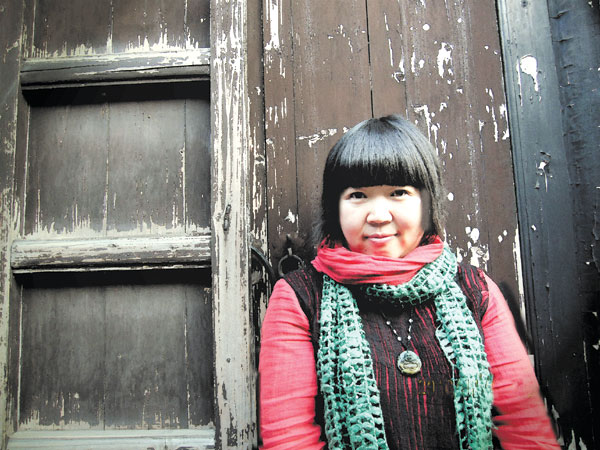Henan has the write stuff
Updated: 2012-09-18 10:30
By Yang Guang (China Daiy)
|
|||||||||||
Related: Cross-cultural 'baby'
Yan Lianke
Born in 1958 in Songxian, Henan province, Yan enlisted in the army in 1978 and began to publish in the early 1980s. He is known for his fertile imagination and absurd representation of rural reality.
Amid controversies about his subject matter and style, he has won the Lu Xun Literature Prize twice, in 1997 and 2001, and the Lao She Literature Prize in 2004.
One of his representative works, the 2003 novel The Joy of Living, recounts how a county magistrate organizes disabled villagers to put on a freak show and raise money to buy Lenin's corpse from Russia.
Li Er
Born in 1966 in Jiyuan, Henan province, Li started publishing in 1987. He first attracted public attention when German Chancellor Angela Merkel gave the German translation of his novel Cherry on a Pomegranate Tree as a gift to Premier Wen Jiabao.
The story is about the sophisticated contemporary rural life in a village inhabited by descendents of Confucius and Mencius. His novel Truth and Variations, about the mired physical and psychological circumstances confronting revolutionary poet Ge Ren in the 1930s and 1940s, is now available in English.
Qiao Ye

Born in 1973 in Xiuwu, Henan province, Qiao started writing in the early 1990s, when she was a teacher. She excels in delving into the female psyche.
Her 2008 novella The Slowest Is Living, about the life of a traditional Chinese woman, based on her own grandmother, won the Lu Xun Literature Prize.
Her most recent work is non-fiction novel Demolition Records.
Liang Hong
Born in 1973 in Dengzhou, Henan province, Liang is now a literature professor with the China Youth University for Political Sciences.
She spent five months in 2008 and 2009 conducting interviews and surveys in her hometown of Liang village, and published China as in Liang Village, a nonfiction book about real situations in a typical Chinese village, such as lack of education and healthcare, environmental degradation and the disintegration of the traditional rural households.
yangguang@chinadaily.com.cn
Related Stories
Khloe Kardashian preparing for X Factor role with self-help books 2012-09-13 17:07
When books look good on screen 2012-09-11 10:11
Dream banquet from book classic 2012-09-03 13:58
Book fair kicks off in Shanghai 2012-08-15 17:00
New Urban Blue Book unveiled by CASS 2012-08-15 14:44
Today's Top News
Rescuers race against time for quake victims
Telecom workers restore links
Coal mine blast kills 18 in Jilin
Intl scholarship puts China on the map
More bird flu patients discharged
Gold loses sheen, but still a safe bet
US 'turns blind eye to human rights'
Telecom workers restore links
Hot Topics
Lunar probe , China growth forecasts, Emission rules get tougher, China seen through 'colored lens', International board,
Editor's Picks

|

|

|

|

|

|





